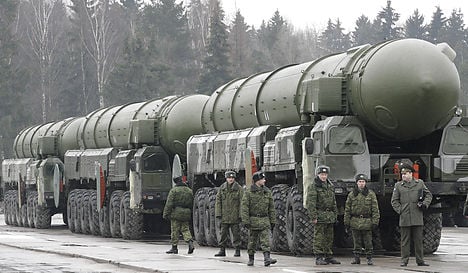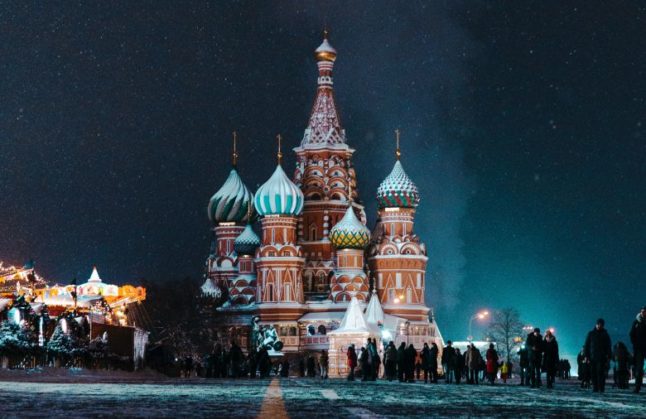Tensions between Denmark and Russia were ratcheted up a notch on Saturday.
US stands w/ DK in condemning statements made by Russia's Amb to DK. Such statements do not inspire confidence or contrib to peace/stability
— Rufus Gifford (@rufusgifford) March 21, 2015



 Please whitelist us to continue reading.
Please whitelist us to continue reading.
Member comments